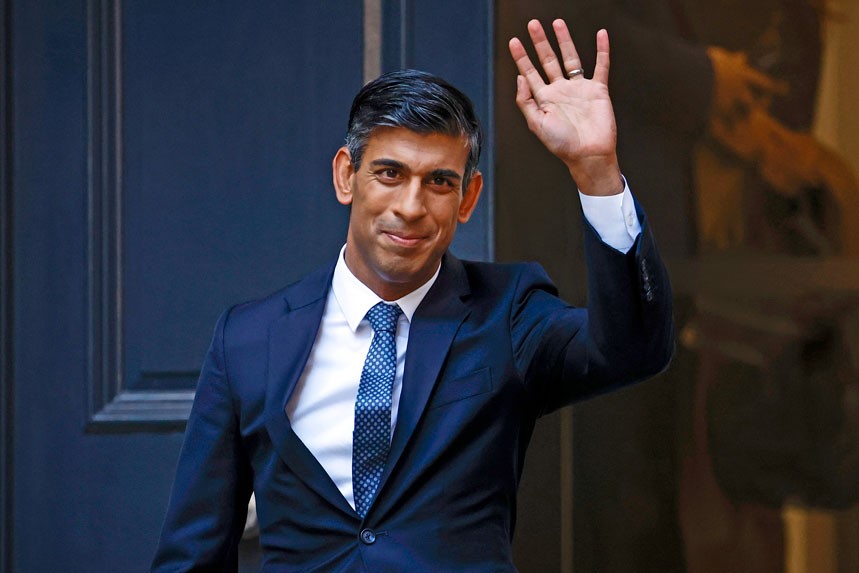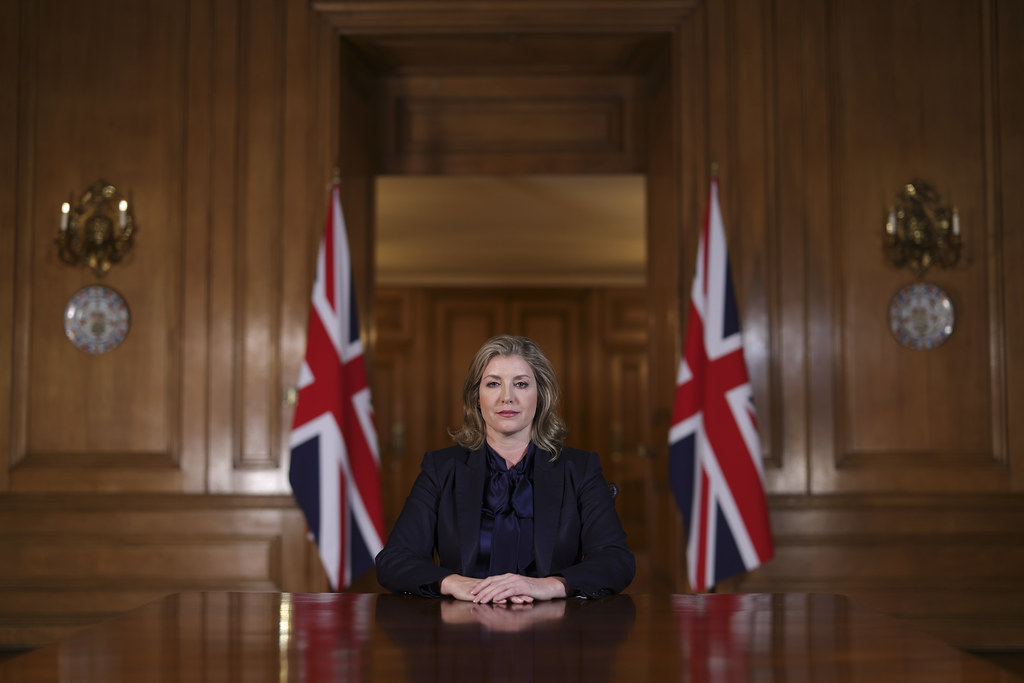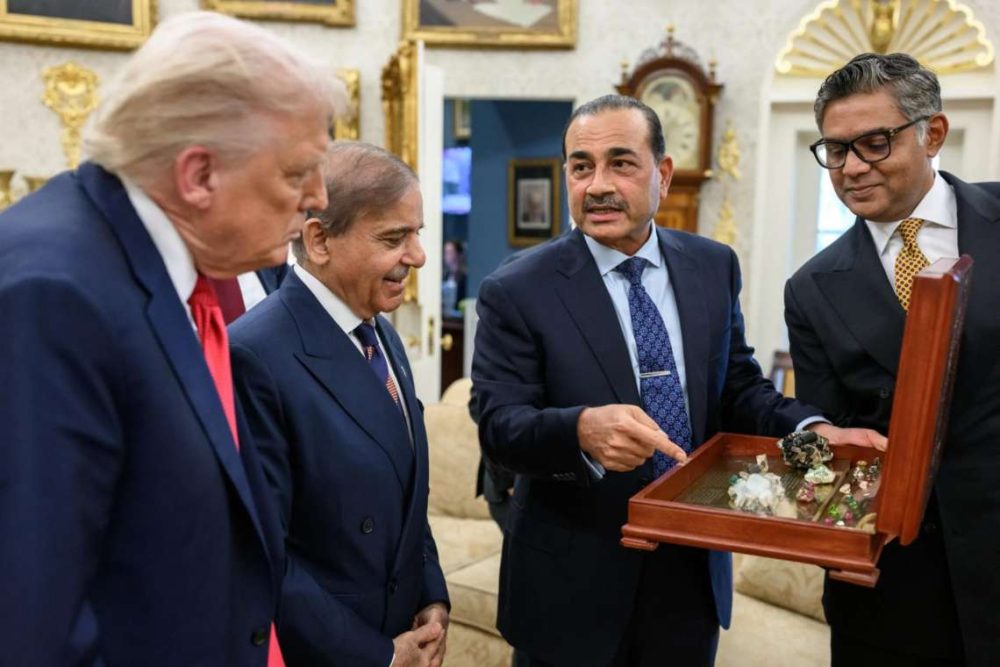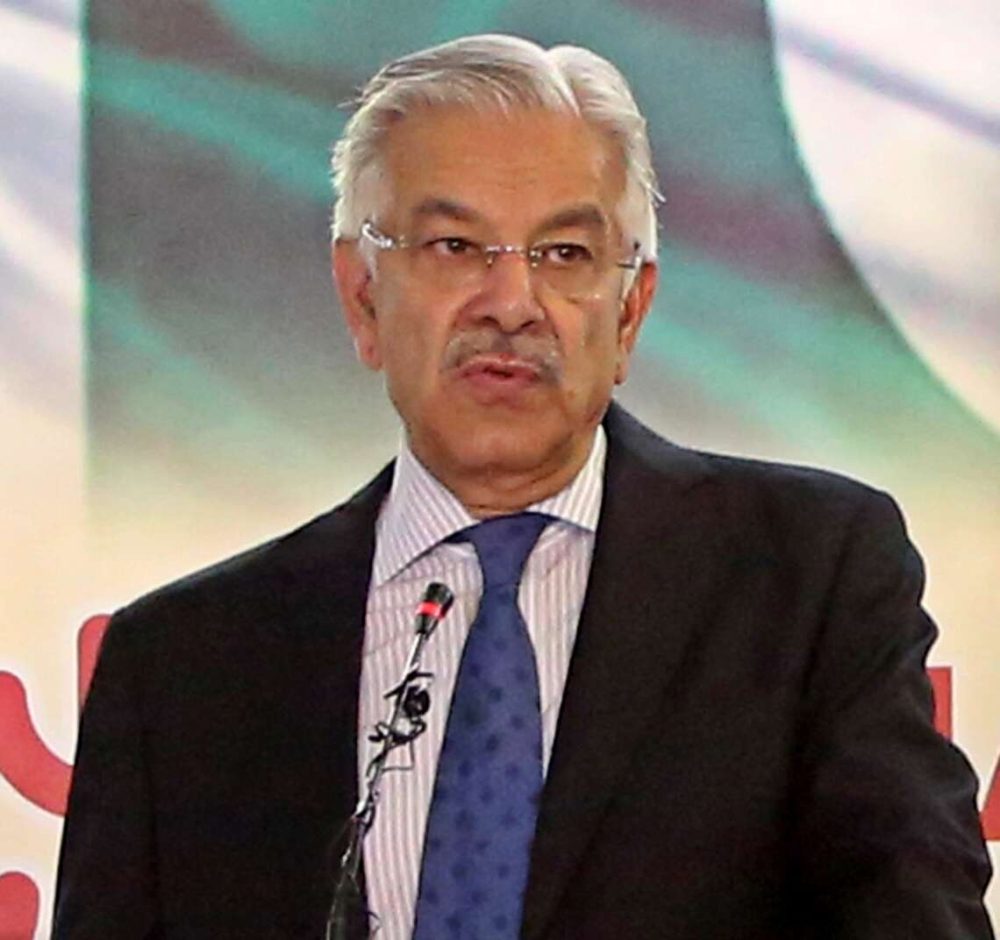Hunt confirmed the current triple lock system to decide how much the payments rise each year would “absolutely” remain if the Conservatives win the general election, which must be held by 28 January 2025, for the whole of the next parliament…reports Asian Lite News
Jeremy Hunt has said the Conservatives will keep the triple lock system to decide rises in the state pension if they win the election. The chancellor confirmed the policy pledge, which means the increase in the state pension is the highest of average earnings growth, inflation or 2.5%.
He told Sunday with Laura Kuenssberg he was confident the “expensive” promise would be paid by growing the economy. Labour said it was “committed to retaining” the triple lock.
However the party is yet to confirm if the pledge will feature in its election manifesto. “We will set out those plans for our manifesto in detail,” Labour party chair Anneliese Dodds said. The state pension is to rise by 8.5% in April.
Hunt confirmed the current triple lock system to decide how much the payments rise each year would “absolutely” remain if the Conservatives win the general election, which must be held by 28 January 2025, for the whole of the next parliament.
“When we came to office in 2010, pensioners were more likely to be in poverty than other income groups, now because of the triple lock that we introduced they are less likely to be in poverty,” he told the BBC.
“I think that is a very important social change because unlike adults of working age, pensioners can’t work, they have retired and so we need to respect that.”
Hunt said he realised continuing the policy would be an “expensive commitment”, but added: “You can only make that commitment if you’re confident that you’re going to deliver the economic growth that is going to pay for it.”
In response to Mr Hunt’s confirmation, Liberal Democrat Treasury spokesperson Sarah Olney said the pledge was a “shameless election trick by the Conservatives” and claimed Mr Hunt was “yet again taking pensioners for granted”.
Labour leader Sir Keir Starmer declined to say if the triple lock would be in his party’s manifesto when asked by The Sun newspaper last week.
“We will have to see what the state of the economy is as we go into the election. We will publish all of our plans as we go in and answer that question, but I believe in the triple lock.”
The state pension is a payment made every four weeks by the government to people who have reached the qualifying age and have paid enough National Insurance contributions. More than 12 million people in the UK receive it.
Currently, the pension is worth £203.85 a week for the full, new flat-rate (for those who reached state pension age after April 2016), and £156.20 a week for the full, old basic state pension (for those who reached state pension age before April 2016).
In April, the two payments will rise to £221.20 and £169.50 per week respectively, taking the annual totals to £11,502 and £8,814.
Next month’s increase is set to be the second significant rise in the state pension in two years, after a 10.1% increase in April 2023.
The triple lock is designed to ensure pensioners, especially if they rely solely on the state pension, are able to afford rising prices, or keep pace with the increases in the working population’s wages.
It was introduced by the Conservative-Liberal Democrat coalition government in 2010, but there has been debate over whether it can continue in the long-term future due to its costs. The state pension cost £110.5bn in 2022-2023, just under half the total amount the government spends on benefits, and the government’s official forecaster, the Office for Budget Responsibility, estimated the level would grow to £124bn in 2023-2024.














